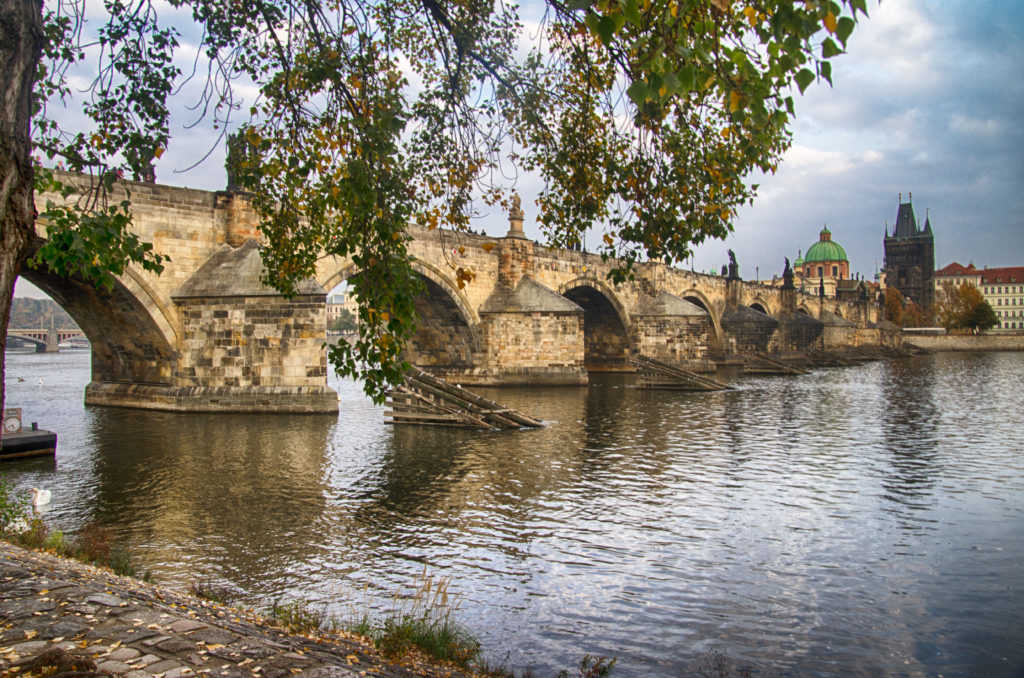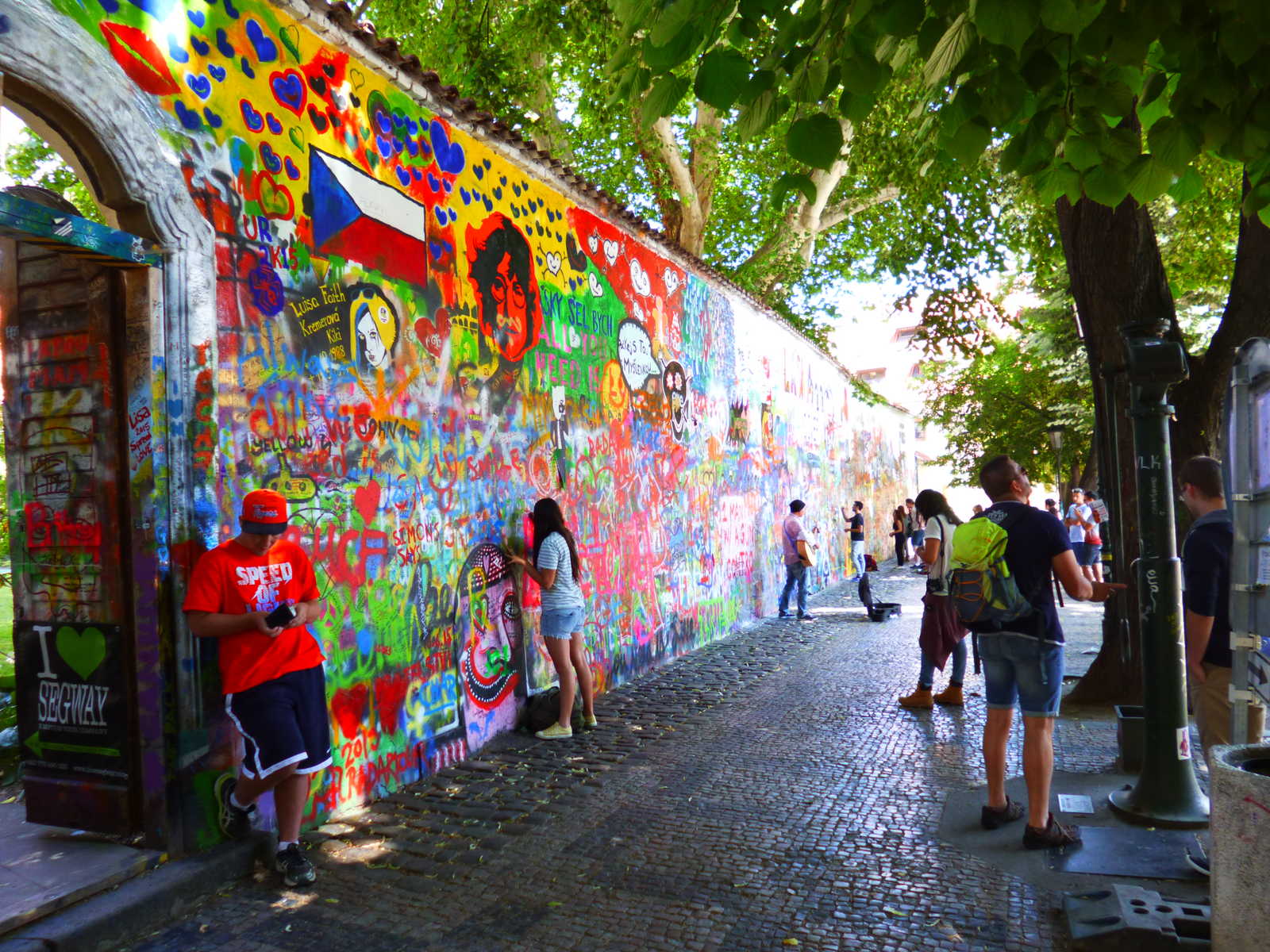The cover picture originates from Klaudyna CC BY-SA 2.0.
In the case of “the excessive growth of visitors, which leads to overcrowding in areas where the inhabitants suffer from the consequences that have led to a permanent change in their lifestyle, access to facilities and general well-being”, Joseph Cheer, Claudio Milano and Marina Novelli speak of “overtourism”. A phenomenon that is more associated emotionally with the cities of Barcelona, Amsterdam or Venice, and that corresponds to the result of the explosive increase in cheap flights and Airbnb-style accommodation, as The Guardian puts it. According to the German newspaper Wirtschaftswoche, factors such as the rapidly growing middle class in China are also contributing to overtourism. Moreover, tourists who choose their destinations by consulting social media platforms such as Instagram are a segment that should not be neglected.
Now the overtourism seems to have reached Prague as well. Eugen Kukla, a photojournalist, who with his family has been disturbed by tourist pub tours in their apartment in the centre of Prague for more than 10 years, thinks that things are getting worse and worse.
This trend holds the danger of displacing long-term residents of the historic inner city and transforming it into a pure tourist zone. Already existing signs of this are the spread of cheap souvenir shops, garish massage parlours or the existence of dancers in giant panda costumes, who are increasingly staying on the Old Town Square. Most drastically, however, are the commercial pub crawls, which dramatically changed the previously quiet character of the city.
Measures against this are, for example, the appointment of a night mayor – namely Jan Štern. He has already negotiated with bar owners and is trying to persuade them not to cooperate with organzitors of pub tours and to implement a policy of banning outside noise that would make it more bearable for local residents.

The authorities are concerned and have indicated that tourists will be subject to tougher measures. Pavel Čižinský, Mayor of Prague 1, is also taking action against pub crawls by limiting alcohol consumption times. He also promotes information trips to encourage tourists to visit more remote areas instead of overcrowded attractions such as the Charles Bridge. The World Travel and Tourism Council (WTTC) also recommends, among other things, as a strategy for areas affected by overtourism to dissolve conurbations, regulate places to stay overnight or limit (or even ban) tourist activities. Furthermore, it helps to adjust prices to supply and demand and to spread visitor numbers over a longer period of time.
On pub crawls in Prague’s Old Town, people were observed writing obscene slogans on the Lennon Wall of the Sovereign Order of Malta – which resulted in a criminal complaint. However, this seems to be the exception so far: Pictures of noisy groups drinking themselves a cheap vodka welcome drink and tour guides who never stop any group, even if local laws prescribe a night’s rest in residential areas after 10 p.m., as well as police officers who do not impose any punishments, are increasingly the norm.
Not only Prague suffers from overtourism: Budapest is a city that seems to struggle with similar problems as the city of thousand bridges – but according to Daniel Nemet it deals with tourist flows more effectively than Prague. The city can learn a lot from the mere designation of a night mayor who provides valuable information and useful instructions.
According to the World Tourism Organization (WTO), the number of tourists rose by 6% to 1.4 billion in 2018, according to the French online newspaper Le Quotidien du Tourisme. Driven by increased economic growth, cheaper air fares, technological change, new business models and ever easier access to visas around the world, growth has accelerated in recent years. And according to the forecasts of the OMT (Organisation Mondiale du Tourisme), this will not change in the foreseeable future.
The original article and this traduction were written by Anna. This article is available in German and French.

